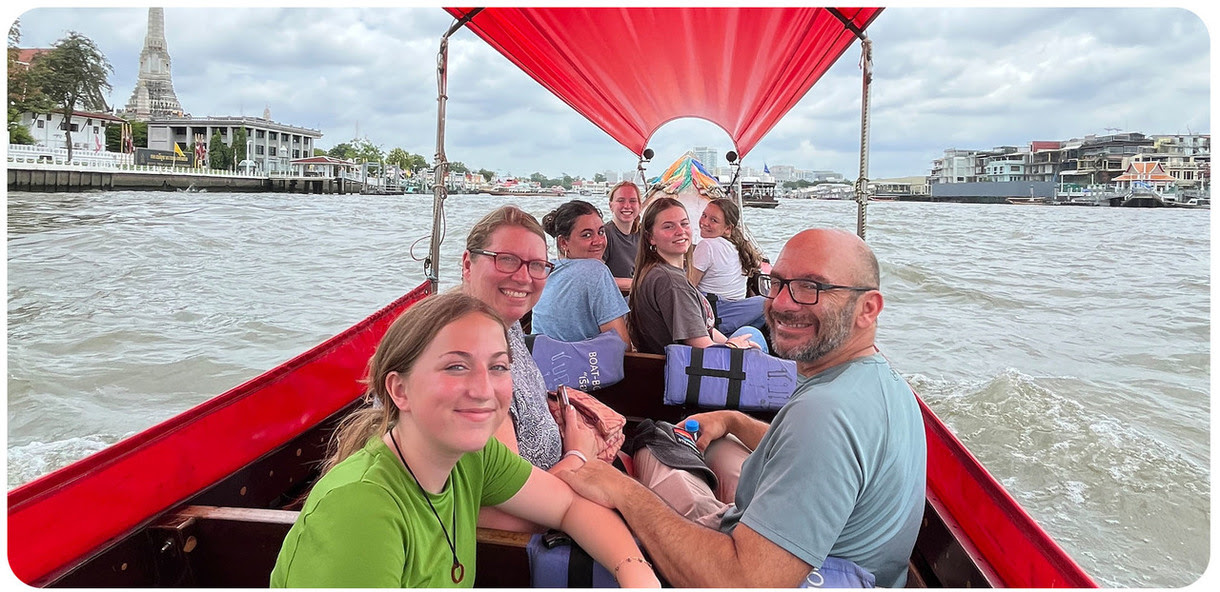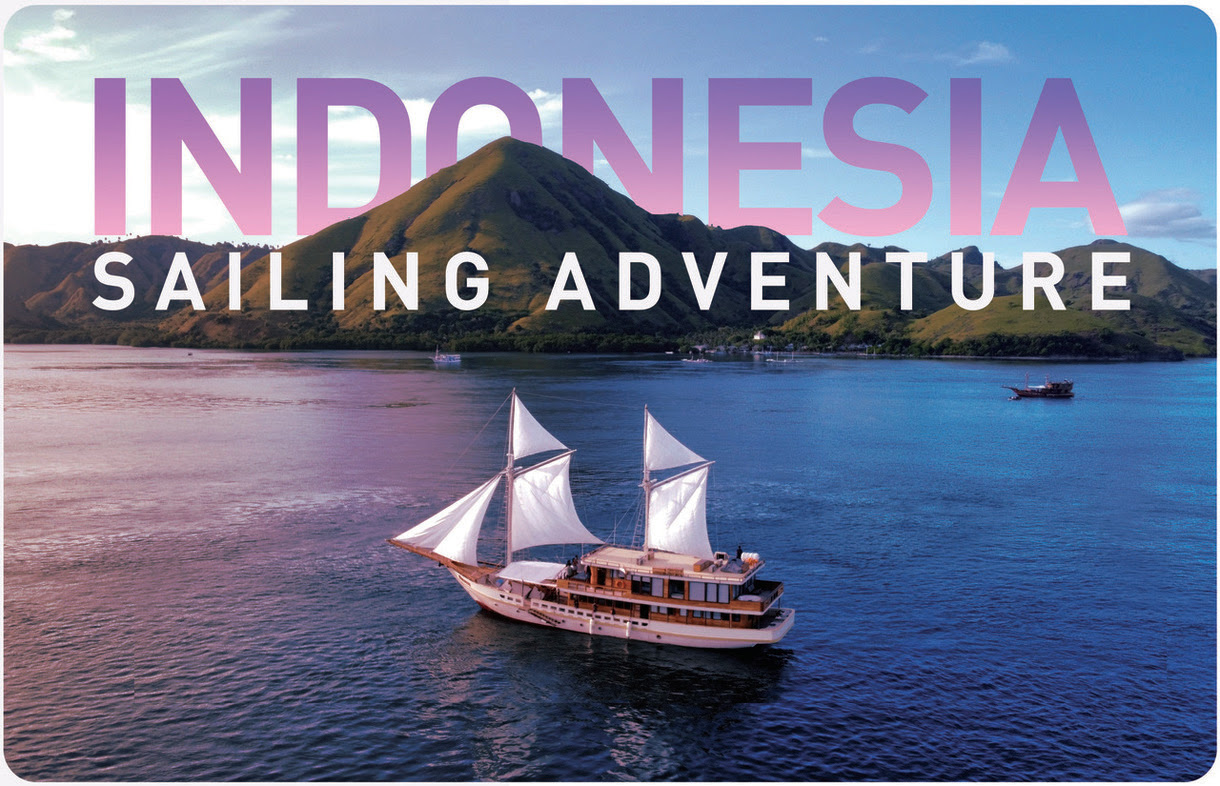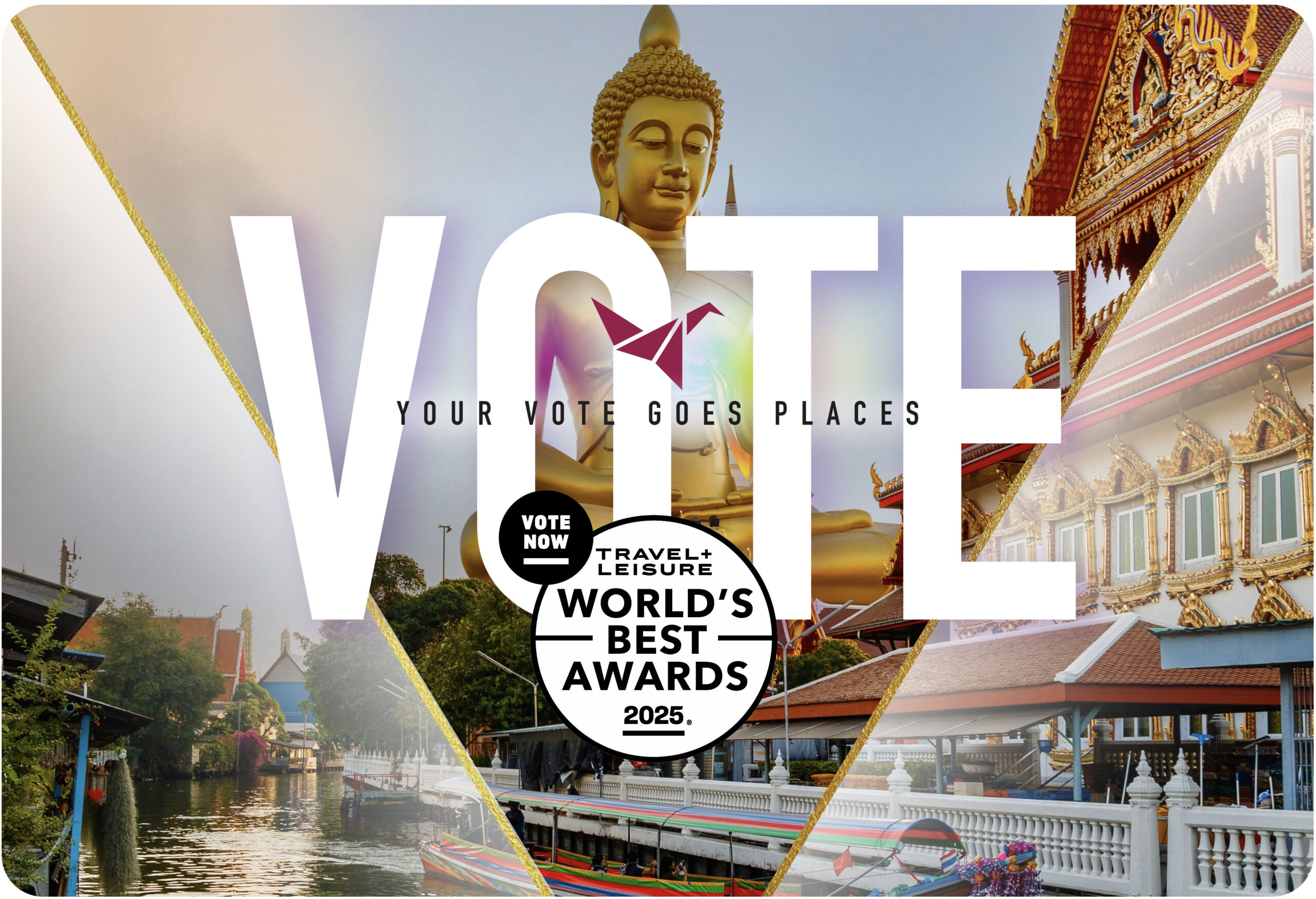

tales of travel
Stories, insights, recipes and more from all over Asia.
Nourishing Your Body and Soul Through Travel
It isn’t a surprise that travel affects us in a myriad of ways. Our lifestyles, whether before, during or after covid, are traditionally integrated with habitual routine and patterns designed to make our schedules more efficient and productive. Since travel has been put on the back burner but starting to sparkle its way back in to our realm of possibility and planning, it’s time to recall that punctuating this routine with adventure abroad is a great way to shake up your schedule while reinvigorate your mind, body and soul so that you’re refreshed upon your return.
While the impact of travel on health, mindset and wellness probably aren’t the first benefits that come to mind, these tangible positives may actually be the most important things that travel provides to all of us.
Here are several reasons why travel makes us feel so good.
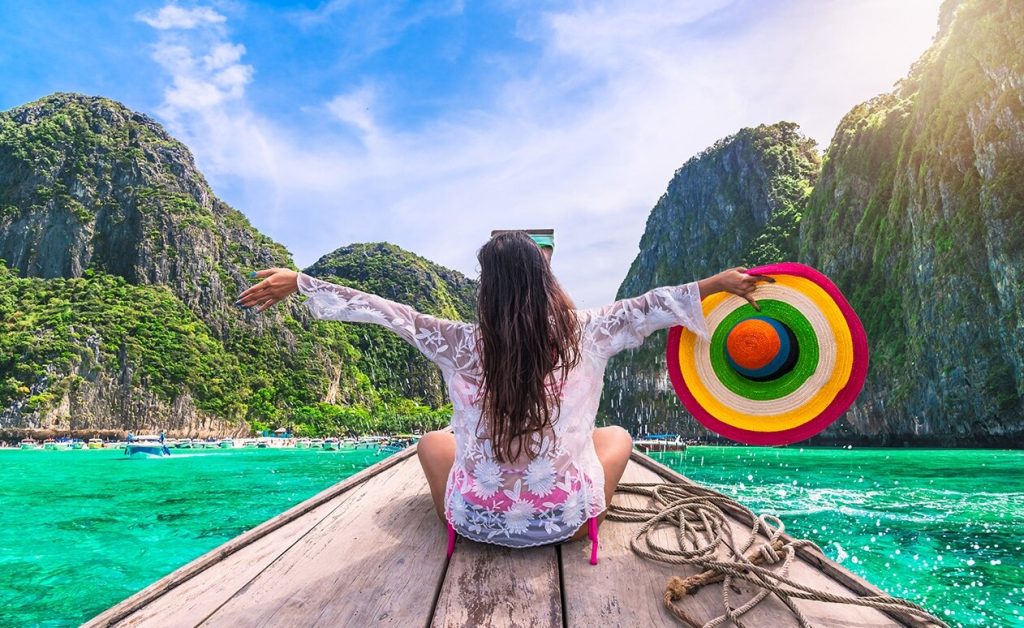
New experiences lead to happiness
There’s an old adage that states –
Want to be happy? Buy experiences, not things!
In the book, Happy Money: The Science of Smarter Spending , authors Elizabeth Dunn and Michael Norton present key data from exhaustive years of research. A core tenant in their findings demonstrates that buying an experience, like travel, yields far greater happiness than buying material belongings.
Material possessions may bring a spike of happiness, but that experience is generally short-lived. Alternatively, travel leads to the anticipation before a trip, the social connections, discovery and adventure that occur during a trip, and the memories, transformative mind-set and all of the other benefits outlined below after the trip.
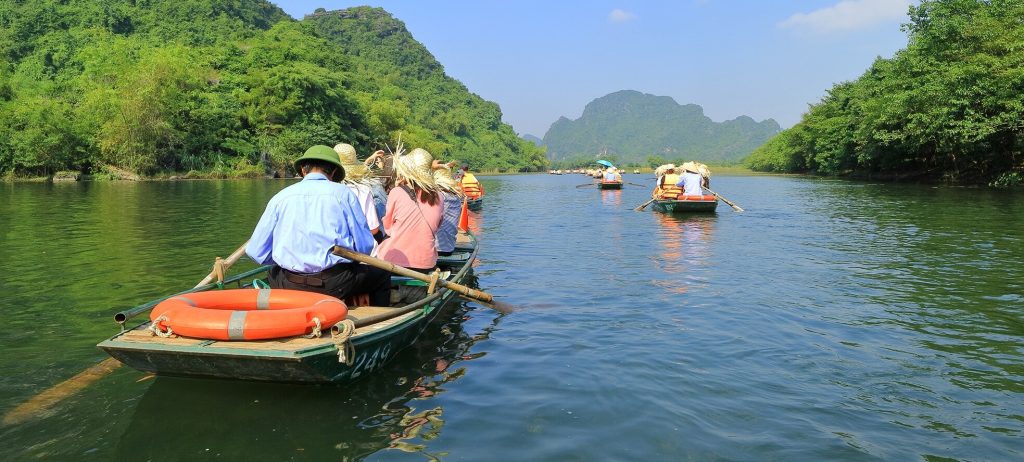
Travel (done safely, proactively and thoughtfully) can help you manage health issues
Demanding work deadlines, raising children and frenetic schedules can all contribute to stress which has a negative impact on health and wellbeing. The antidote to stress is clear. We all need downtime.
A variety of studies, including the notable Framingham Heart Study, identified that men specifically, who hadn’t traveled (for pleasure) in several years had a 30% higher probability of heart attacks as compared to men who did travel. Women specifically, who didn’t travel had an eight-fold higher chance of developing heart disease as compared to women who traveled annually for pleasure.
These findings underscore the critical nature of disconnecting and traveling on your health.
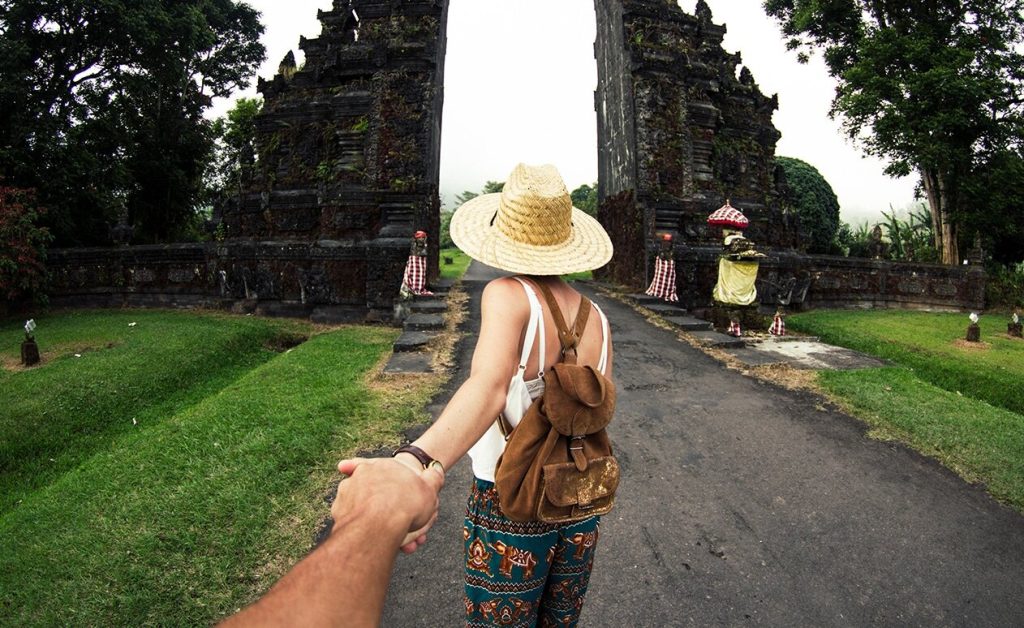
Strengthening romantic relationships
Naturally, travel is a great way to escape with a spouse, partner or a special love. Majestic landscapes, candle-lit dinners and romantic seaside villages can certainly set the mood, but the impact of travel goes well beyond just romance.
Taking a trip brings couples face-to-face with the need to communicate and problem solve together. In addition, sharing the experiences of enjoying unique food, admiring local architecture and cultural immersion with your partner have the tendency to strengthen bonds. Traveling has the ability to awaken all of our senses as we experience things that are new. Sharing this state-of-being with a loved one has positive implications on relationships that last well beyond the trip.
A study by Journal of Travel Research backs this up. The study’s findings revealed that romantic partners brought back home the shared collaborative benefits from time spent traveling. This resulted in better communication in their relationship, in addition to a higher sense of satisfaction with their relationship.

A trip abroad decreases depression
Travel also has the ability to positively impact mental health. While a multitude of studies demonstrate a vacation’s ability to alleviate stress, several landmark studies, including one conducted by the Mind Body Center at the University of Pittsburgh, demonstrated that traveling produced positive emotional response that not only lessened blood pressure, but had a positive impact in decreasing depression.
Travel not only provides a break from daily stress, it bolster’s your resilience, self-reliance and activity-levels – all of which will have a positive impact on your mental health.
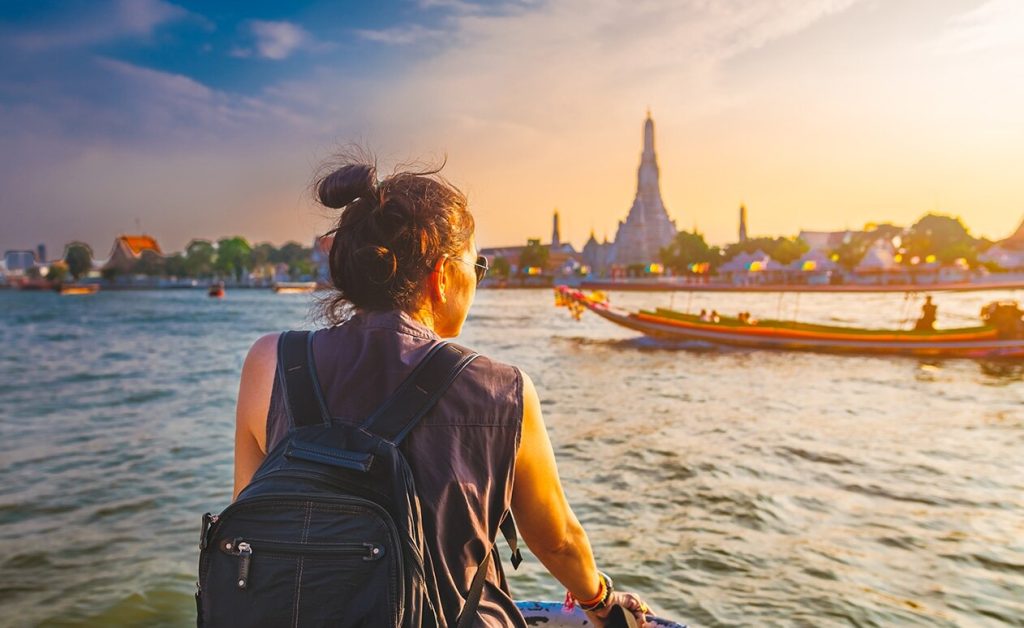
Travel makes you much more creative
According to Columbia Business School’s Professor Adam Galinsky, “Foreign experiences increase both cognitive flexibility and depth and integrativeness of thought, the ability to take deep connections between disparate forms. The key, critical process is multicultural engagement, immersion and adaptation.”
Travel opens up an array of new stimuli. Visiting a different culture exposes you to new sights, sounds, smells, tastes and tradition, which forces your brain out of its comfort zone as you process new and exciting sensations. These experiences contribute to cognitive flexibility which permits for open-mindedness, innovation, self-confidence and problem-solving ability.
ATJ understands the challenges that current health and safety orders pose on those who share our wanderlust. As life begins to return to normal, we encourage you to keep your travel dreams alive. We look forward to exploring the world’s wonders soon with you. Start planning today with ATJ to learn why we provide a Journey Beyond the Ordinary™.
sign up for our
Newsletter
Stay current with all the latest being offered from ATJ, as
well as updates on Asia Destinations.

















